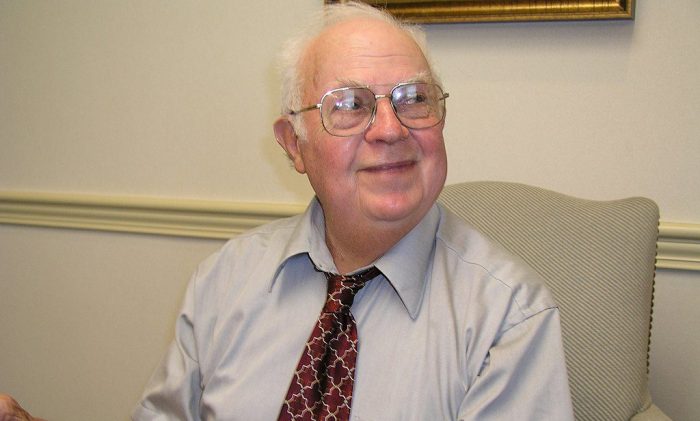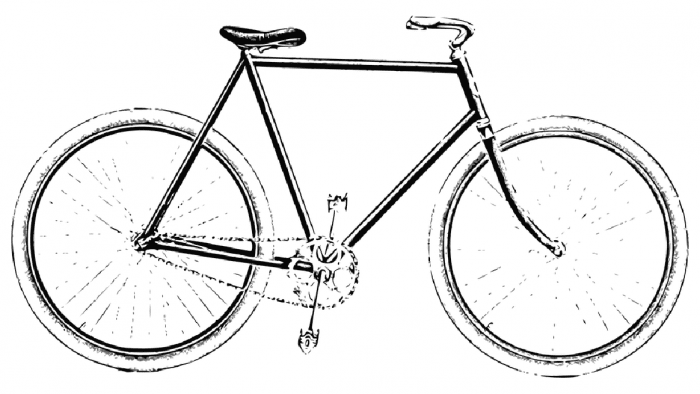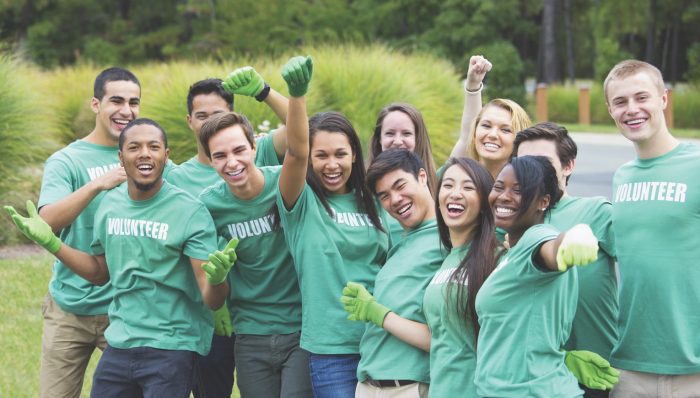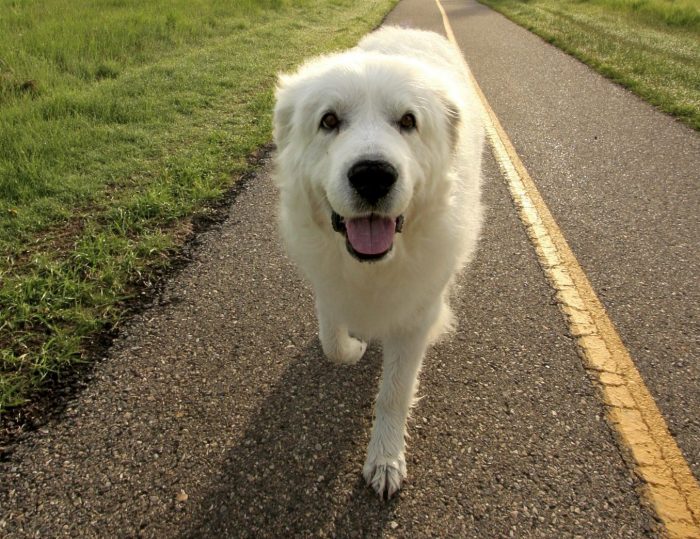By Leah S. Dunaief

When I make my way downstairs in the morning, I am often singing, usually some show tune. This never occurred to me as being something special until now. But I recently read an article by Alexandra Moe in The Washington Post that “singing is good for you.” Since it’s always nice to learn that something you do is actually good for you, I am sharing this result of significant research with you. Perhaps now you will feel emboldened to sing beyond the shower.
In a study called, “Sing With Us,” conducted on members of a choir in a London suburb, tests performed before and after they sang indicated an increase in their physical and mental health. This was no ordinary choir, but rather one made up of cancer patients, and their singing “reduced stress hormones and increased cytokines, proteins that can boost the body’s ability to fight serious illness.” Ultimately the study involved 192 patients.
Other studies have found singing “lessened anxiety, stimulated memory for those with dementia, increased lung capacity and an easing of postpartum depression.” While singing in a group offers additional benefits, like social bonding and community, just singing because you feel like, if you are alone or with someone else, is calming and promotes a sense of well-being.
My mother would sing often when she was in the kitchen preparing meals. So did my dad, who would break into song at no particular time. I never thought about it then, but they did have nice voices, and they did sing on key. They didn’t sing together, just spontaneously. And they really were singing, not just humming along while they worked. No one thought it was strange, as far as I knew. It was in this way that I learned the lyrics to any number of World War I songs, which were popular when my dad was a teen. When, as a child, I would start to sing one of them, older people who might be sitting on a park bench, for example, would look surprised and ask where I had learned them.
And that is how my children learned Broadway show tunes. When we went on long car trips, in particular, we would spend much of the time singing together. I grew up amidst the Rogers and Hammerstein, then Rogers and Hart musicals of the 1940s and 1950s, the “golden age of musical theater,”and my children know those lyrics as if they had seen those magical shows, which were well before their births.
Some of our favorites were: “Oklahoma!” from the show of the same name, “Getting to Know You,” from “The King and I,” “Somewhere Over the Rainbow,” from “The Wizard of Oz,” “Some Enchanted Evening,” from “South Pacific,” and “Anything You Can Do, I Can Do Better,” (a natural for our three boys) from “Annie Get Your Gun.”
All I had to do was start with, “Chicks and ducks and geese better scurry, When I take you out in the Surrey,” and they would all start singing from the back seat of the car.
While I loved all the melodies, my particular favorites were from “My Fair Lady,” including “The Rain in Spain,” “Wouldn’t It Be Loverly,” “Just You Wait, Henry Higgins,” “I Could Have Danced All Night,” “You Did It,” “Get Me to the Church On Time,” and “I’ve Grown Accustomed to Her Face.”
I share this with you so you will know what I am singing when I begin. It is, I’m afraid, not always apparent. On the other hand, I would encourage anyone to sing, even if you think you can’t carry a tune or have a terrible voice. A friend was asked to try out for a play when she was in junior high, and when she began to sing the required song, the teacher interrupted her with, “No, really.” He thought she was kidding. But it was “really,” and for many years, she never again sang until she met me.
Everyone should sing, softly if you must, but do it. And if anyone asks, it’s for your health.














